S4:
A new perspective
on your music collection
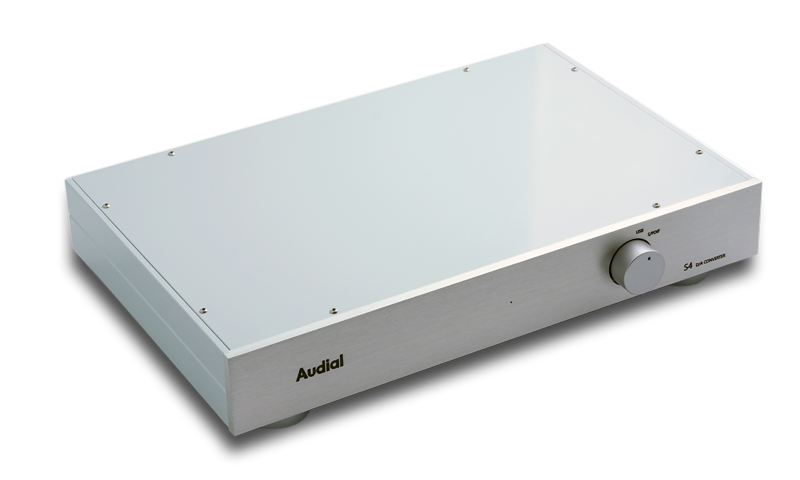
S4 is Audial’s latest reference TDA1541A based D/A converter. With plenty of Audial unique solutions, the S4 produces the ultimate sonic experience. Its highest resolution and definition, and most pleasing tone at that, will bring you a new perspective on your music collection. And on the music, generally.
Â
S4, put briefly
• Non-oversampling, real multibit TDA1541A DAC, with synchronous DEM clocking
• Master USB device (“asynchronous USB”), with galvanic isolation and two low jitter clocks
• True 75 Ohm BNC S/PDIF input, with differential input termination
• Audial proprietary, high performance, zero feedback, hybrid output analog stage
• Output impedance 3 Ohm plus 23 uF coupling capacitors, or 30 Ohm transformers coupled (optional)
• Two pairs of outputs, any can be either RCA or XLR (XLR requires transformer coupling)
• High-quality parts, including Renesas and Toshiba semiconductors, Rubycon ZA capacitors, Allen Bradley and Vishay carbon resistors
• Ten fully separate supplies, with three-stage common-mode filters, and low noise, fully discrete, zero feedback regulators
• Extremely optimized layout
• Mains isolation transformer, acting as a mains filter and balanced power source
• Quality aluminum chassis
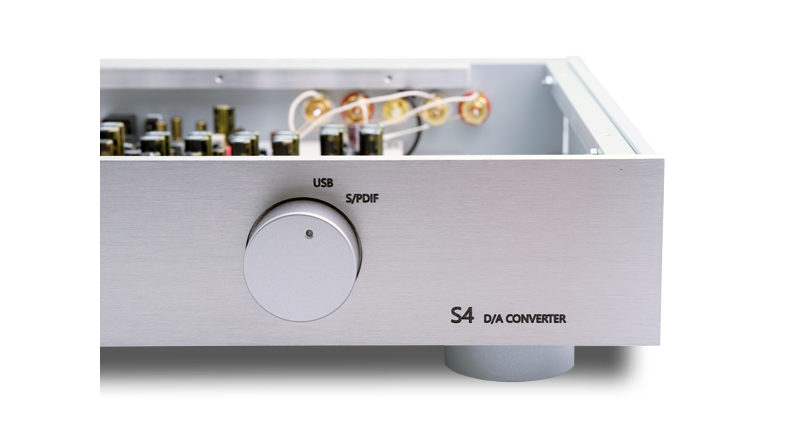
Async USB and non-oversampling TDA1541A operating up to 384 kHz
In 2020 we changed the master clocks for the USB stage to the highest quality ones, and S4 now normally employs 22.5792 / 24.576 MHz parts, so up to 384 kHz is a standard and not optional feature anymore.
Now with toroidal output transformers
High performance, low distortion, low impedance, very unique devices, designed for our needs by Menno van der Veen, and produced by Trafco. Their low external field ensures unbeatable resistance to environmental noise – so they clean out the artifacts caused by the system grounding issues, not picking up the noise on their own at the same time.
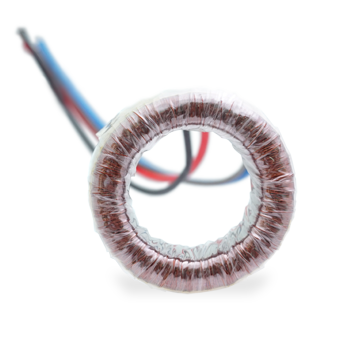
Windows USB drivers download requires login with the customer account.
Harmonic distortion, capacitor coupled output, 1 kHz, -6 dBFS dithered sinewave, THD = 0.0029%
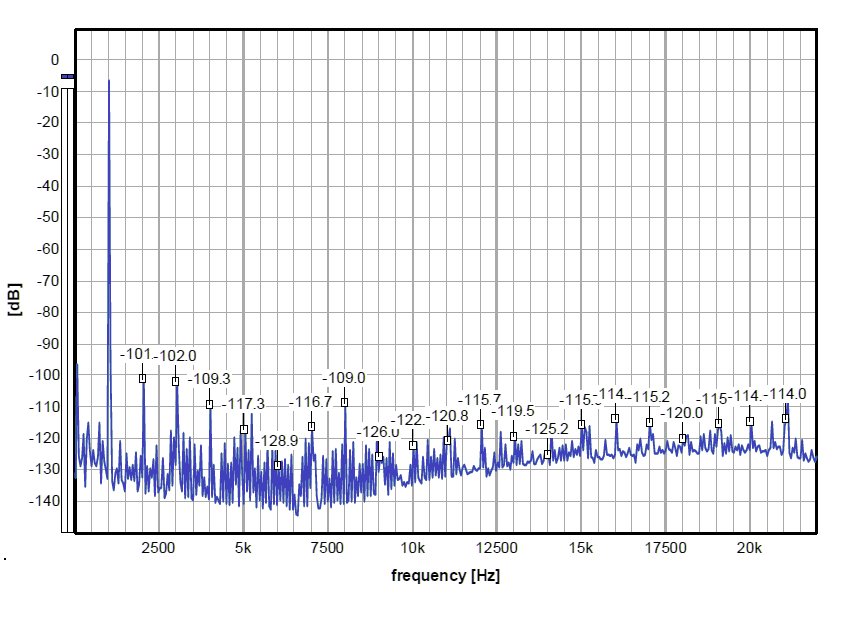
Harmonic distortion, transformer coupled output, 1 kHz, -6 dBFS dithered sinewave, THD = 0.0043%
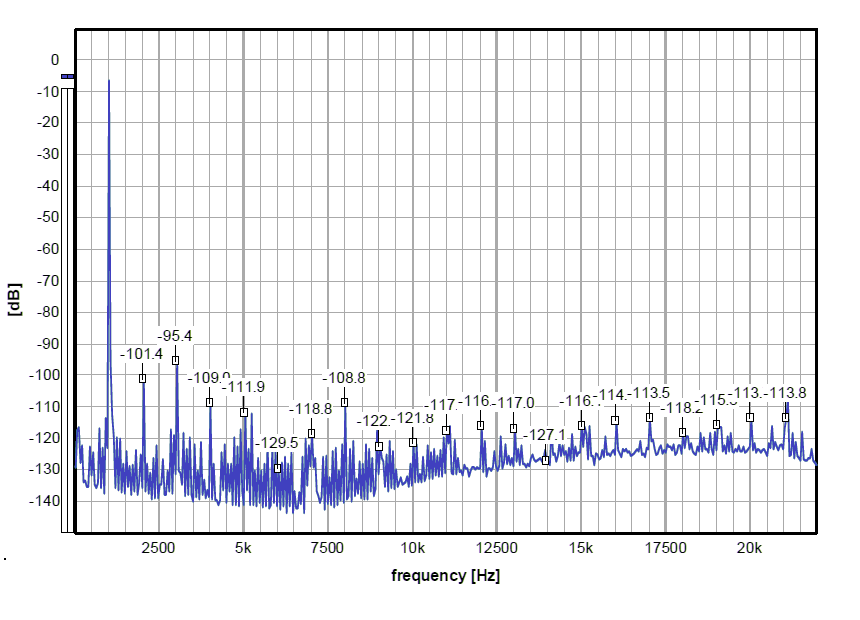
Harmonic distortion, capacitor coupled output, 1 kHz, -60 dBFS dithered sinewave, THD = 0.9%

Harmonic distortion, transformer coupled output, 1 kHz, -60 dBFS dithered sinewave, THD = 0.9%
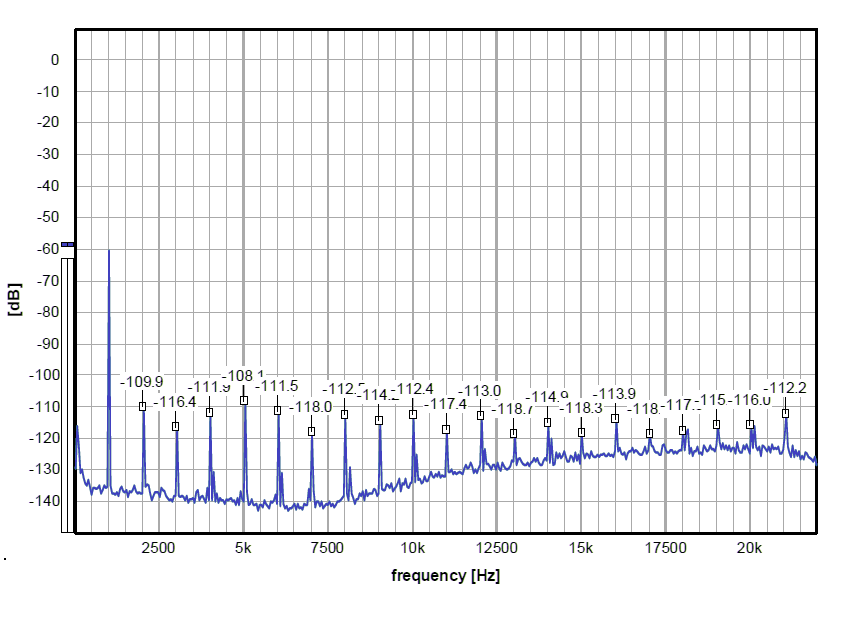
Intermodulation distortion, capacitor coupled output, CCIR IMD = 0.006%
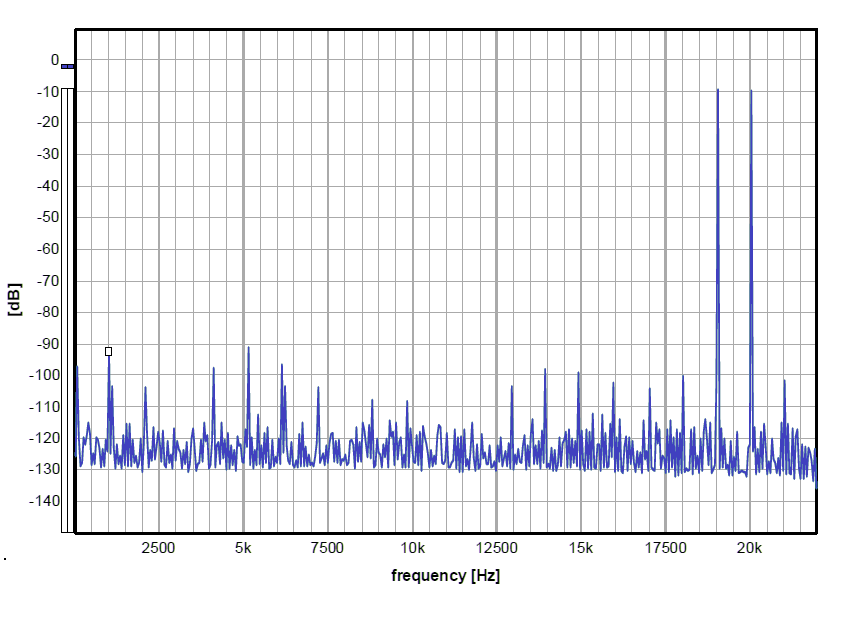
Intermodulation distortion, transformer coupled output, CCIR IMD = 0.005%
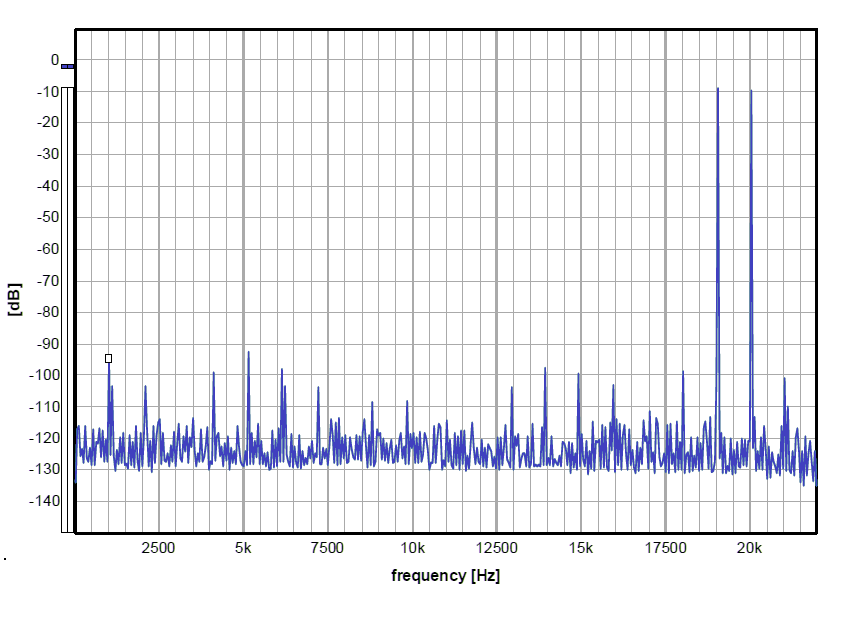
Square wave 100 Hz, capacitor coupled output

Square wave 100 Hz, transformer coupled output
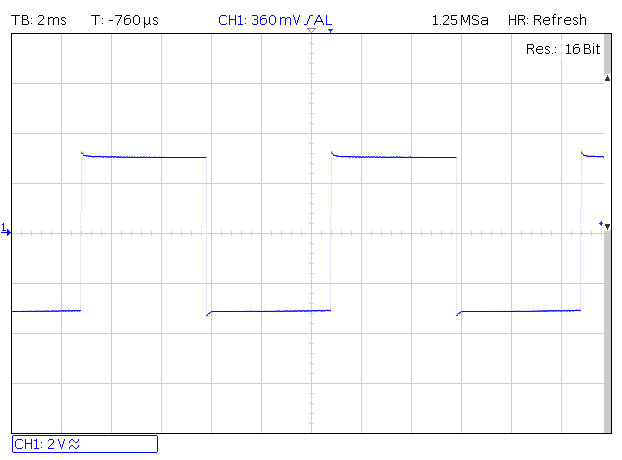
Square wave 11025 Hz, capacitor coupled output

Square wave 11025 Hz, transformer coupled output
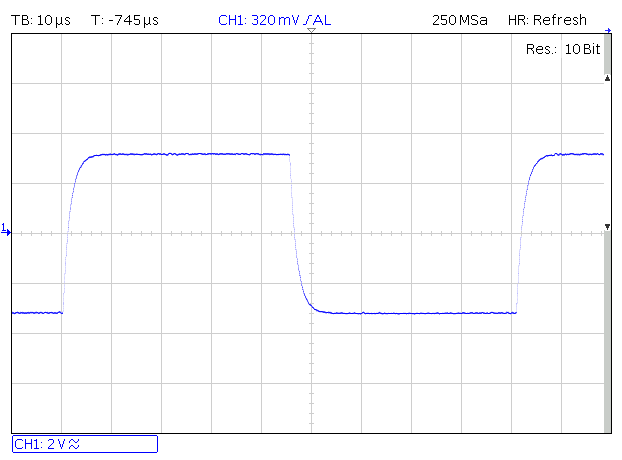
S/PDIF stage bit clock 2.822 MHz, FFT analysis, ±50 kHz span
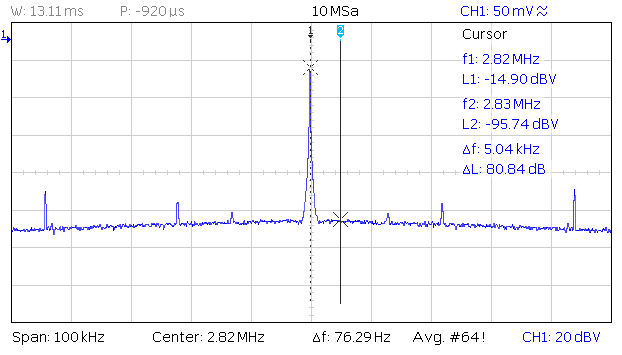
USB stage bit clock 1.411 MHz, with master clock 22.5792 MHz, FFT analysis, ± 50 kHz span (applies to the units produced in 2018 and 2019)
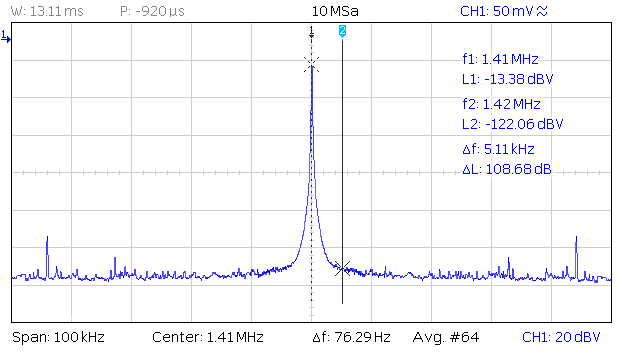
USB stage bit clock 1.411 MHz, with master clock 11.2896 MHz, FFT analysis, ± 50 kHz span (applies to the units produced in 2018 and 2019)
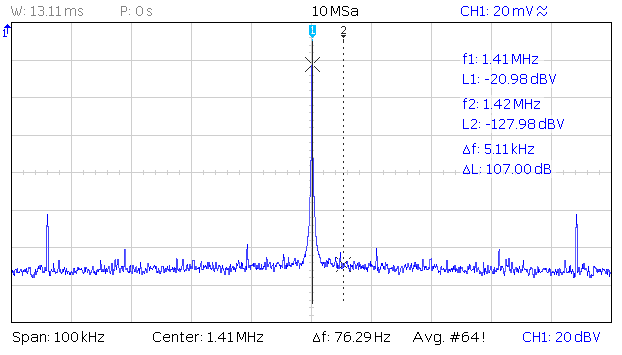
USB stage bit clock 1.411 MHz, with master clock 22.5792 MHz, FFT analysis, ± 50 kHz span (applies to the units produced in the first half of 2020, serial numbers #A01-0320 thru #A01-2420)
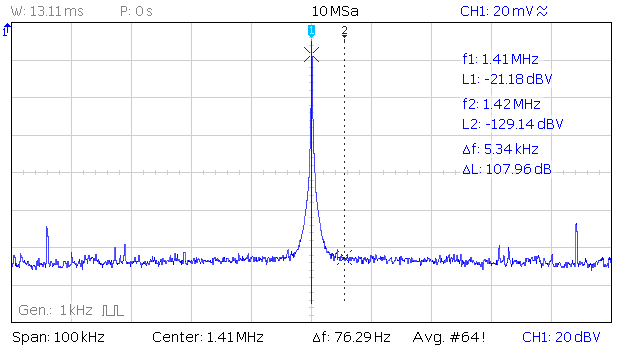
USB stage bit clock 1.411 MHz, with master clock 22.5792 MHz, FFT analysis, ± 50 kHz span (applies to the units produced from August 2020, serial numbers #A01-2720 onwards)
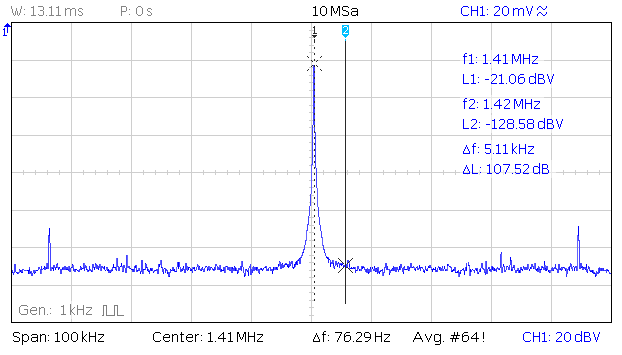
August 2020, starting with serial #A01-2720:
ENIG (nickel and gold over copper) printed circuit board is replaced by more classic HAL / HASL (tinned copper).
The USB stage master clocks and re-clocker supply voltage were tweaked.
January 2020, starting with serial #A01-0320:
Previously used Kyocera master clocks for the USB stage are replaced by Crystek parts. A 22.5792 / 24.576 MHz frequencies are now regularly used, so up to 384 kHz compatibility is now standard and not an optional feature.
Recommended reading:
Another story about TDA1541A: 384 kHz
Transformer coupling pros and cons
S4 users’ reviews:
everydayaudiophile.com/audial-s4-king-of-the-tda1541
www.pinkfishmedia.net/forum/threads/audial-s4-dac-subjective-review.237814/
Â
